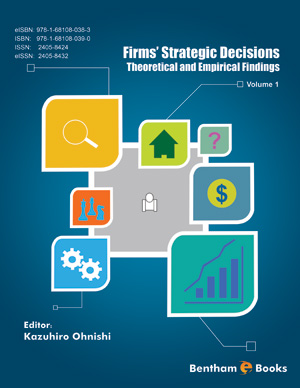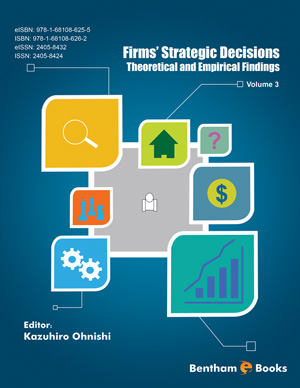Abstract
The next generation of mobile technology, known as 5G, poses a huge
challenge to the existing state of the communications industry since it intends to solve
the issues that have plagued the 4G network in its current iteration. This cutting-edge
technology enables the establishment of multiple connections all at once and maintains
network ubiquity even in settings that involve high levels of mobility or densely
populated areas. As a result, smart cities and intelligent transport systems may stand to
benefit from its use. 5G will make it possible for the actual Internet of Things and the
Internet of Vehicles to become a reality if this plan is implemented. The advent of 5G
will herald the beginning of a new era of opportunities for networks and services. It
will help in maintaining an increased data rate, reduced latency, huge simultaneous
connections, and ubiquity of networks around the world. 5G will also be a crucial
enabler for a true Internet of Things because of its capacity to connect a vast number of
sensors and actuators while following severe energy efficiency and transmission limits.
The Internet of Things (IoT), a new digital communication paradigm, has made it
possible for things that are often found in daily life to interact with one another as well
as with people [6]. As a result, the objective of the Internet of Things is to expand both
the breadth and depth of the Internet. This will be accomplished by making it easier for
a wide variety of devices, including vehicles, home appliances, security cameras,
industrial actuators, and many more, to interact with one another in an unobtrusive
manner. When 5G is applied to the Internet of Things in cities, it may be able to keep
track of the total amount of energy that is consumed by all of the city's public services
(including lighting, traffic lights, security cameras, and the heating and cooling of
public buildings, amongst other things). Municipalities will, among other things, be
able to manage their energy resources more effectively if they have access to this
information.









.jpg)


